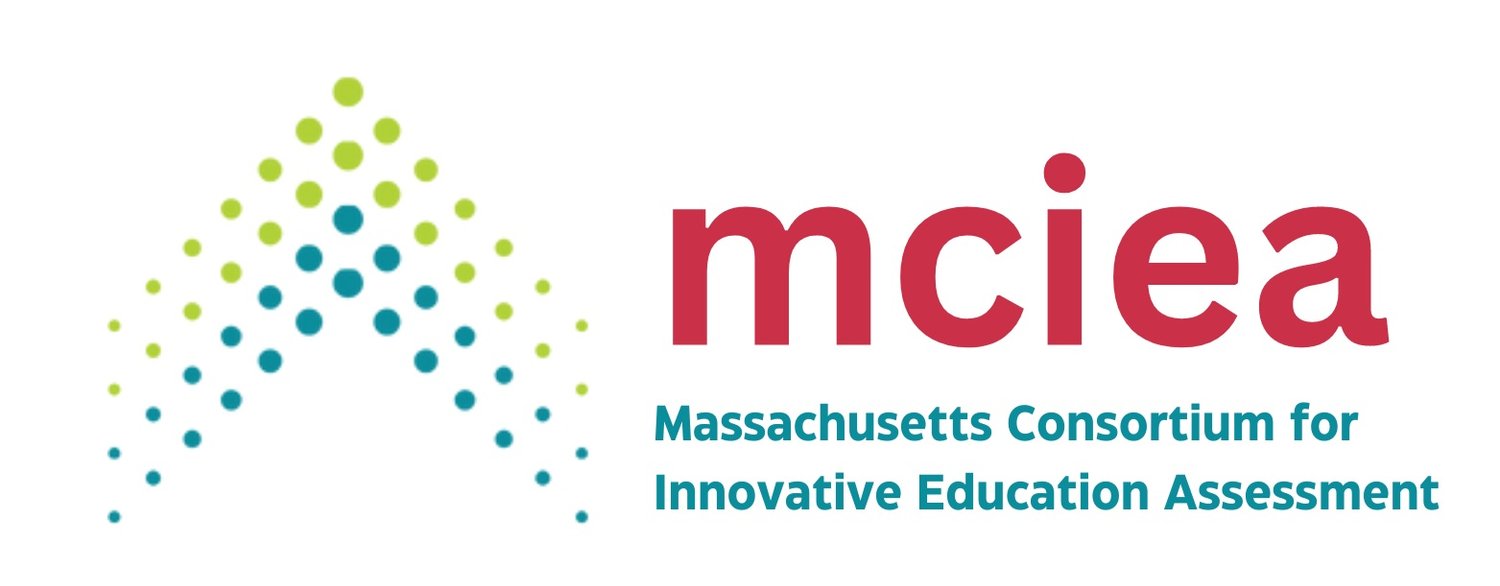Performance Assessment Institute
2024-2025
MCIEA engages teams of educators in a four-day, hands-on professional development experience to create standards-aligned, curriculum-embedded performance assessments, leading to strengthened curriculum and instruction.
Consortium districts or schools send a lead team to receive on-site and virtual coaching to design, implement, and scale performance assessments. The training is provided free of charge, and all participants will receive 24 PDPs. Please see below for descriptions of the two modules being offered this year.
Performance Assessment 101
A performance assessment is a complex task that aligns to academic standards or skills, results in the creation of an original product or solution, and provides opportunities for sense-making, problem solving, and critical thinking.
What is the PA 101 module?
Earn 24 PDPs in 4 days
Learn how to design, administer, and score high quality performance assessments and why to use them.
Create a performance assessment task you can implement in your own classroom.
Set goals for continued performance assessment work in your classroom and the school community.
Who should participate in the PA 101 module?
Teachers and administrators with little to no experience working with performance assessments.
Any teacher or administrator looking for dedicated time to create and implement more performance assessments in their classroom.
Participants will work in teams to create their performance assessments, so we recommend schools plan with this in mind. Often schools choose to send groups by content area or grade level, but this is not required.
What is the schedule for the PA 101 module?
Days 1 & 2 (August 19-20, 2024): Learn the foundational concepts of performance assessment, including how and why to use them, and begin drafting your own performance assessment task.
Day 3 (early November, 2024): Use a performance task review tool to provide feedback on each other’s draft tasks. Use the feedback to further refine your task. Create a plan to pilot your task with students.
Day 4 (early June, 2025): Learn how to reliably score student work, reflect on the administration of the tasks, and set goals for continued performance assessment work in the future, both in your own classroom and across the school.
Portfolios of Performance
Portfolios of Performance (PoP) is a school-wide performance assessment system in which student learning is evaluated primarily through a portfolio of student work derived from a set of performance assessments.
What is the PoP module?
Earn 24 PDPs in 4 days
Build a school-based performance assessment system that consists of core standards and skills, performance assessment tasks, and portfolios of student work.
Work towards MCIEA’s mission to create more democratic, equitable models of assessing student learning to replace the current MCAS system.
Who should participate in the PoP module?
Teams of teachers and administrators by content area and/or grade level who already have a strong foundational understanding of performance assessment.
Ideally, teams should already be consistently using at least one Task Bank-approved performance assessment task in their classrooms each year.
What is the schedule for the PoP module?
Days 1 & 2 (August 19-20, 2024): Learn what makes a performance assessment system, and draft a plan for your portfolio system, including power standards and skills, previously-created performance assessment tasks, and drafts of tasks to be created this school year.
Day 3 (early November, 2024): Learn the online Oscar Classroom system where you will store and evaluate student portfolios. Receive feedback on and make necessary revisions to your plan and/or draft performance tasks for the year.
Day 4 (early June, 2025): Participate in double-blind scoring of student portfolios from other districts. Reflect on the work you completed over the past year, and set goals for continuing the work in the following year, including expansion to other grades and/or content areas.



